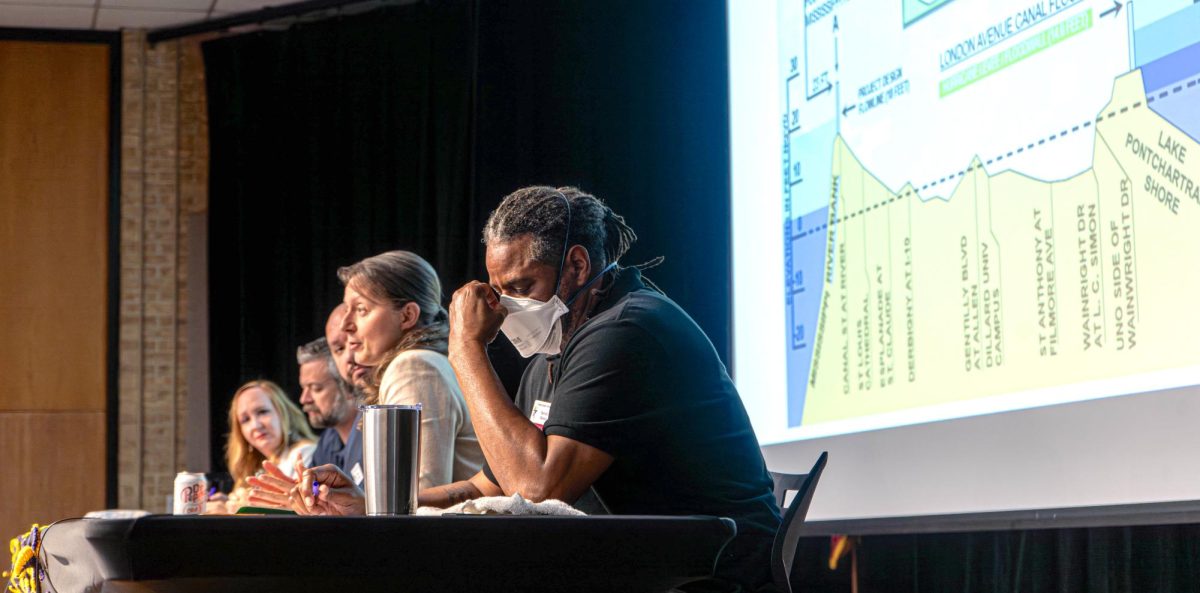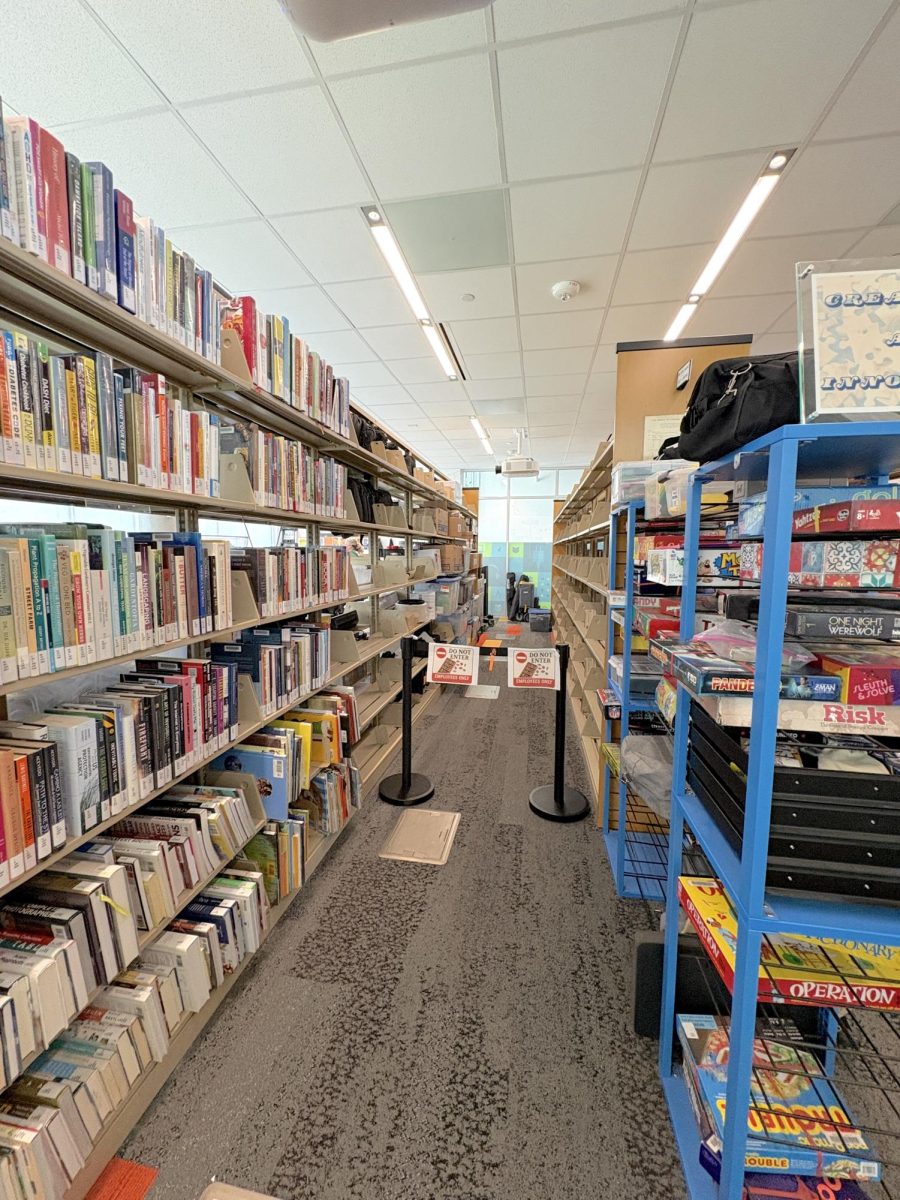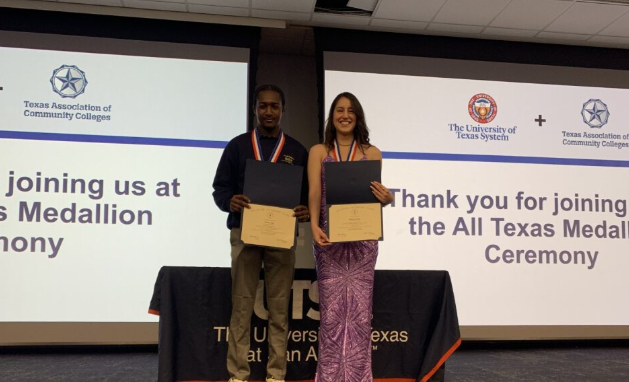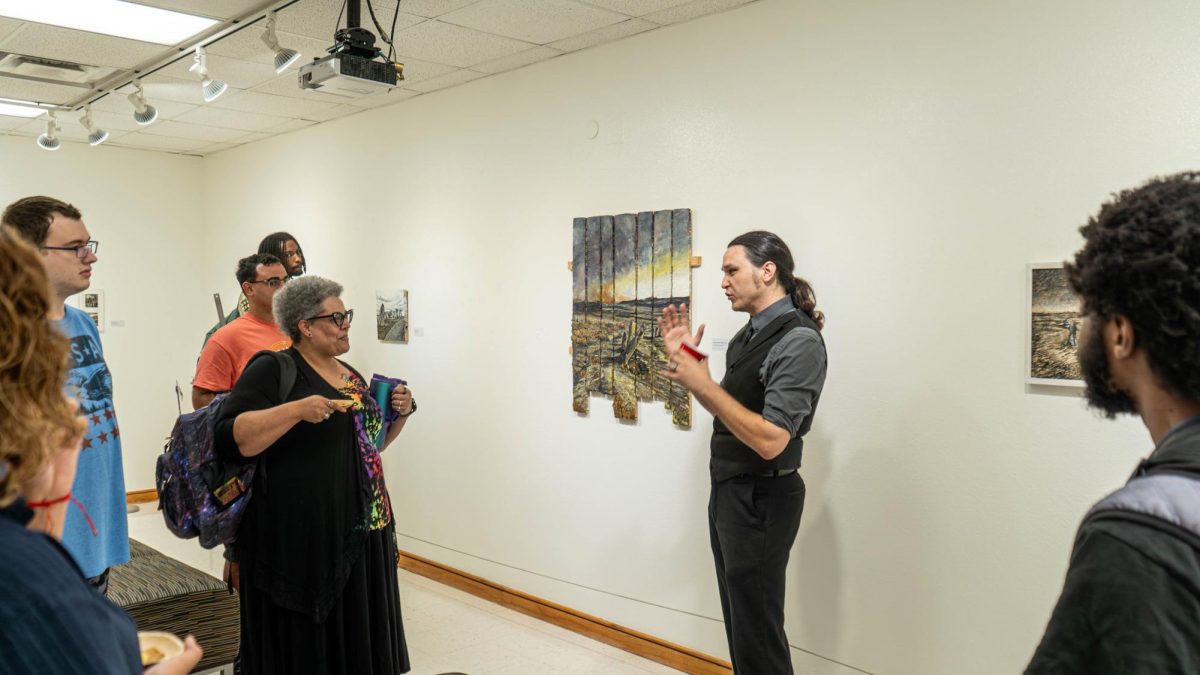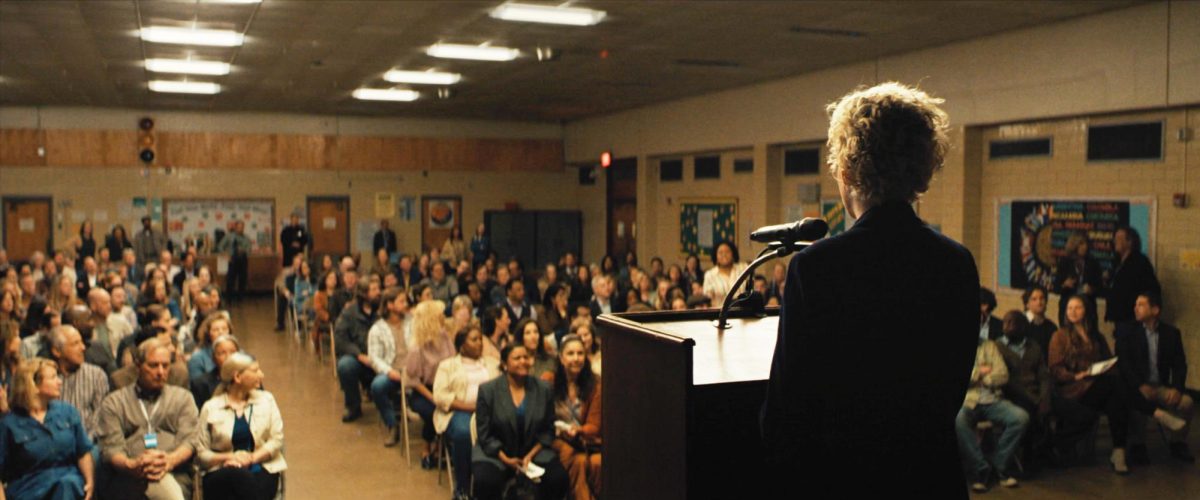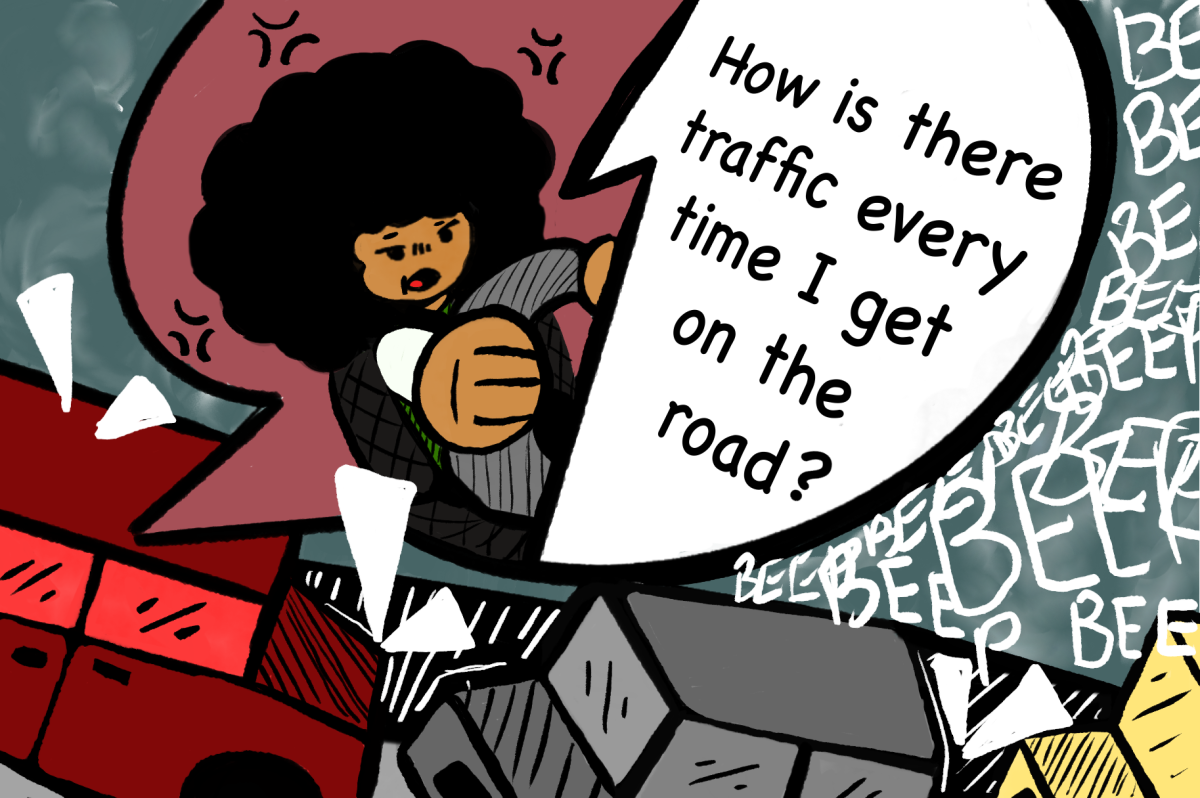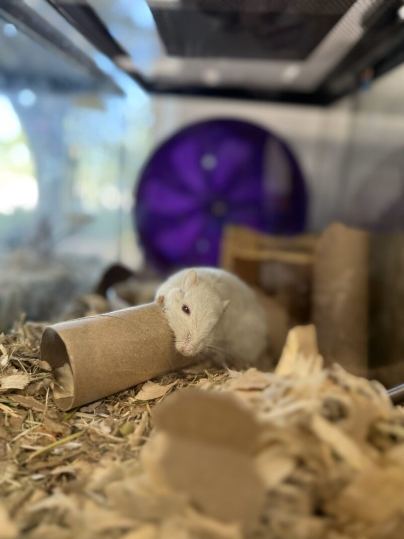By Robert Lavery/reporter
Students can overcome test anxiety with preparedness and positive thinking, a South Campus counselor told students Feb. 24.
In How to Take a Test and Pass, Annie Dobbins said students should have a positive attitude, maintain their physical health, have an intimate familiarity with the material and know the structure of the most common tests teachers give.
“Get negative stuff out of your mind … it’s a self-fulfilling prophecy,” she said. “Tell yourself, ‘Failure is something I do, but failure is not who I am.’”
Dobbins said students should be as familiar with the material teachers test on as they are with tying their shoes. She said the intuitive ease with which people can perform certain tasks, like riding a bicycle, is called “unconscious consciousness.” At that level of understanding, students will have the confidence to overcome test anxiety and recite the answers rote, Dobbins said.
“Always go with your first mind,” she said.
Dobbins advised students to keep the first answer unless completely certain it is wrong. She said the way the brain works, a student’s gut answer is usually correct.
Before starting a test, students should read the entire test carefully, paying attention to directions, Dobbins said. Based on a question’s structure, a number of tricks can help students make educated guesses.
For true-false questions, Dobbins said to assume all statements are true until the student can establish they are false.
She warned students not to try to figure out the instructor’s pattern of true and false answers.
“Pay close attention to statements that include extreme modifiers like ‘always’ or ‘never,’” she said. “These are usually false statements.”
On multiple-choice tests, Dobbins said the best strategy is to eliminate the wrong answers.
“Never assume an unfamiliar term is the correct answer,” she said.
She added that extremes are rarely the right answer while “all of the above” is often correct.
“The longest response is the ‘inclusive’ choice … [it is often] a restated ‘all of the above,’” she said.
If all else fails, ‘B’ is the most common multiple choice answer.
Dobbins said students can best approach matching questions by looking for logical clues in the lists of items.
If one list has longer statements, students should use it as the starting place for making matches. Students should cross out items as they match them, taking care to match first only those items of which they are certain.
Essay questions are the easiest for a well-prepared student, Dobbins said. She said students should read the directions carefully, decide what the major points are, write a clear introduction and write a complete and well-organized answer.
She advised students to think critically about the facts and ideas that pertain to the question and pay close attention to the direction words to determine what to write about. The key words to look for include discuss, explain, compare, justify and diagram, Dobbins said.
For students who want a comprehensive guide to study with, Dobbins recommended the “Keys to College Success” booklet, which students can obtain for free at a TCC bookstore.
Students can use this resource to familiarize themselves with the effective SQ3R method, Dobbins said.
Kevelyn Allen, a student on South Campus, said she felt the seminar would help her combat test anxiety.
“The most informative thing I learned was about the essays,” she said.
Allen said she felt more confident as a result of the seminar.
Dobbins has been giving seminars for 23 of her 30 years at TCC. The seminar program, College Student Success Seminars, is her brainchild.
She said she wants students to be the best they can be, and she hopes students will build the foundations they need to become effective “master” students.
“I want to give students the information they need to make solid decisions,” she said. “I don’t just want them to survive. I want them to succeed.”

